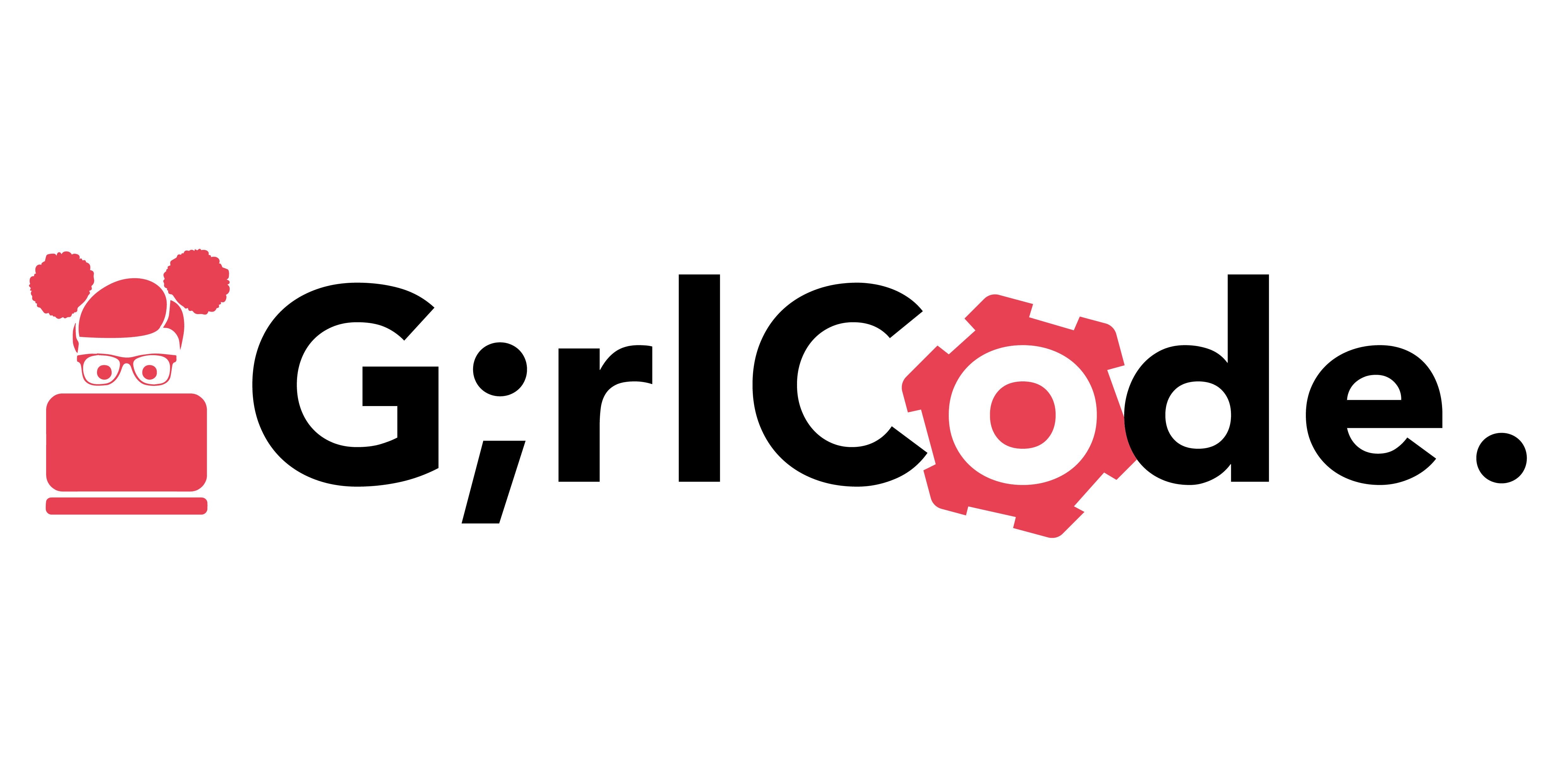Diana Mjojo, Safety Manager – Rides MEA
Please tell us a little bit about yourself.
I’m part of the Uber safety team that looks after customer operations in the Middle East, Pakistan and Africa. I focus on Sub Saharan Africa. Customer obsession and safety is one of our core cultural values at Uber, which makes my role even more exciting. Even though I have eight years of experience in social media marketing and communications, I never stop learning.
I’m originally from Malawi but grew up all over South Africa. I consider myself a proud tomboy who cleans up nicely from time to time due to growing up with a house of boys. I have five brothers and a sister. My parents, being quite academic, ensured that we had a computer at home with educational games to keep us pre-occupied as kids and I think that’s where my love for tech first grew.
Walk us through your career journey and how you got into I.T?
I was an indecisive kid in high school. I wasn’t sure what I wanted to do as a career. I excelled academically but had a definite creative streak, which made me gravitate towards the performance arts. I tried to run the idea of studying performance arts by my parents, which was a subject I thoroughly enjoyed alongside maths and science. To no one’s surprise, it was quickly shut down so I appeased my parents by studying Mechatronics Engineering. Fortunately, I was awarded an entrance scholarship to do so by the University of Cape Town. I enjoyed some elements of it, but didn’t feel like it was the right fit for me. I ended up graduating with quite an eclectic BA degree – majors in Philosophy and French Language & Literature, with a plethora of electives (Mathematics, Astronomy, Economic History to name a few). Before completing my Honours in African Studies for which I was able to secure a scholarship with A.W. Mellon Foundation, I landed an internship at Google for a year working in marketing and communications.
I realised then that my love for technology didn’t die. I found that my predominantly humanities background allowed me to see more than the code that brings the tech to life. I became interested in customer experience and seeing how technology brings value to people’s lives. I loved the fact that social media (a technological highlight of our generation I believe, despite its downfalls) levelled the socioeconomic playing field and empowered many people on this continent to create a source of income or simply have their voices heard. I went on to work in advertising at various agencies before finding myself at another tech company – OLX Group. There I started in social media marketing before taking on communications and looking at how users engaged with our various marketplaces. Following that period, I joined Uber a year ago focusing on the customer experience of Uber users when it comes to safety.
Like Steve Jobs says, “you can’t connect the dots looking forward; you can only connect them looking backwards.” Thanks to my brief stint in engineering I have an entry-level coding background that helps me with basic data queries. Humanities taught me critical thinking and to see the human behind the tech. I apply the lessons learned in performance arts to the way I communicate. French has come in handy now that Uber has launched in Abidjan, Ivory Coast. And my scientific electives have helped me develop my analytical skills.
What is your typical day like at work?
As a Safety Manager, my typical day is not always the same. For the most part, it starts by catching up on emails. While we have a specially trained team which is available 24/7, I review cases that have been reported into our support team to ensure we’re providing quick and empathetic support. Because safety never stops and we believe we can always do more to uphold the safety of the drivers and riders on our platform, I regularly work on projects to improve processes. I liaise with various key stakeholders across all departments at Uber to discuss safety-related initiatives or campaigns. Outside of my role, I am also actively involved in various Employee Resource Groups such as Women at Uber, and always seek out opportunities to encourage diversity and inclusion in the office or on the platform.
Have you experienced any challenges as a female in this industry and how did you overcome them?
Over the course of my career, there have been moments when my expertise or eligibility for a role I already occupied had been questioned in a way that made me question my own abilities. I learned to rely less on external validation and allow my work to speak for itself. Being a black woman isn’t relevant when looking at key metrics and how well I reached or exceeded targets. Fortunately, in all those instances, I had amazing leaders I could rely on for guidance and support. And companies like Uber, provide a wealth of opportunities which promote the advancement of women through their network, access to leadership, professional development, and peer mentoring..
I’ve also learned the power of leaning on other women in tech as we share a lot of the same challenges. They have been a great source of support that I wouldn’t trade for anything.
What do you know now that you wish you knew when you were younger?
Don’t suppress your creative side. That’s where interesting solutions to important problems come from. It’s just as important as your analytical side, which helps in identifying the problem and the impact of a solution. In tech, you sometimes find that the business problems you’re trying to solve are new to the industry. This is regularly the case when working for an innovative company like Uber. We constantly strive to set the standard on safety. Creativity is the answer when you can’t look to others for references.
What’s your advice for other girls considering getting into the tech space?
Leverage your network. You don’t have to know how to code to get in, although it really does help. And when you do get into tech, don’t be afraid to own your seat at the table. You earned it.
What is your motto in life?
If it’s not ok, it’s not the end;
Life is filled with hills and valleys. Sometimes you’re faced with a challenge that seems insurmountable. Simply breaking it down into chunks and leaning on your support network allows you to make steady progress in overcoming it. Every rough patch doesn’t last forever. And when you’re working on impactful projects, seeing the results make that hard work all worth it.
Recent Posts

Our future growth is limited by a chronic shortage of skills and lack of women in tech. This gap isn’t just bad for women, its bad for business.


Leave a Reply